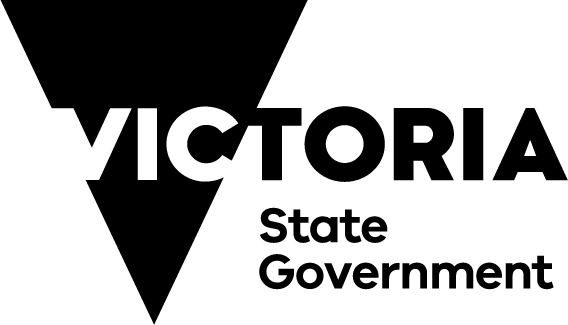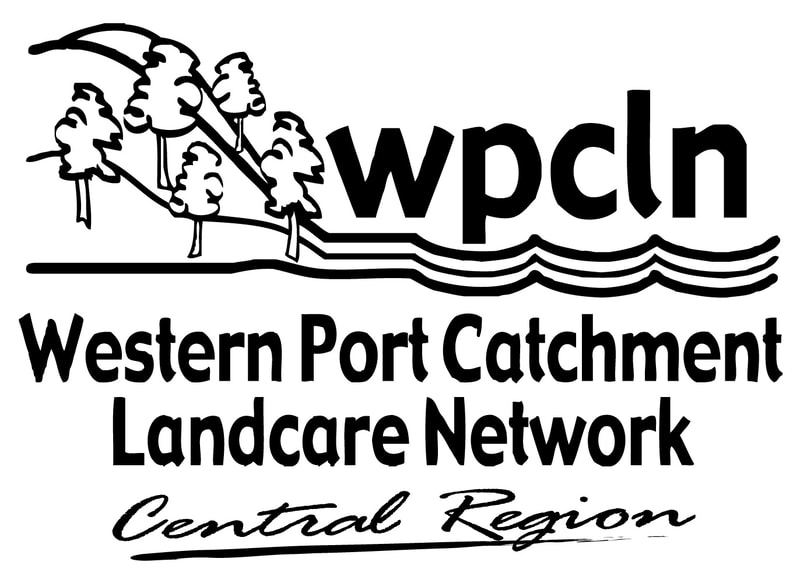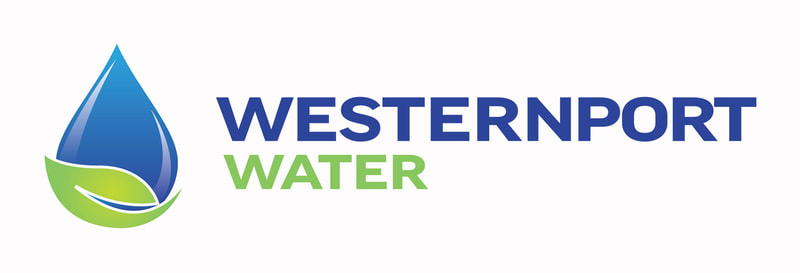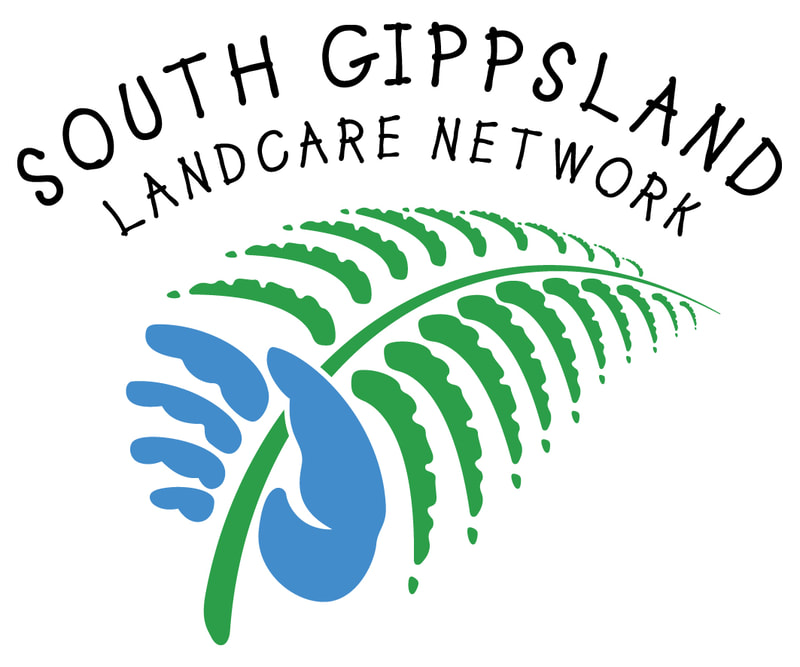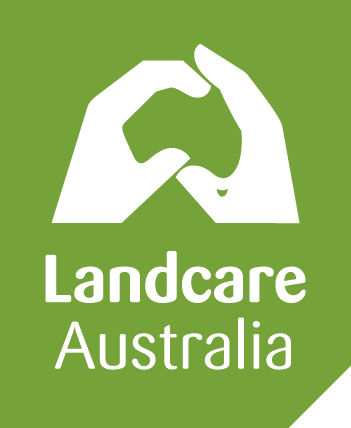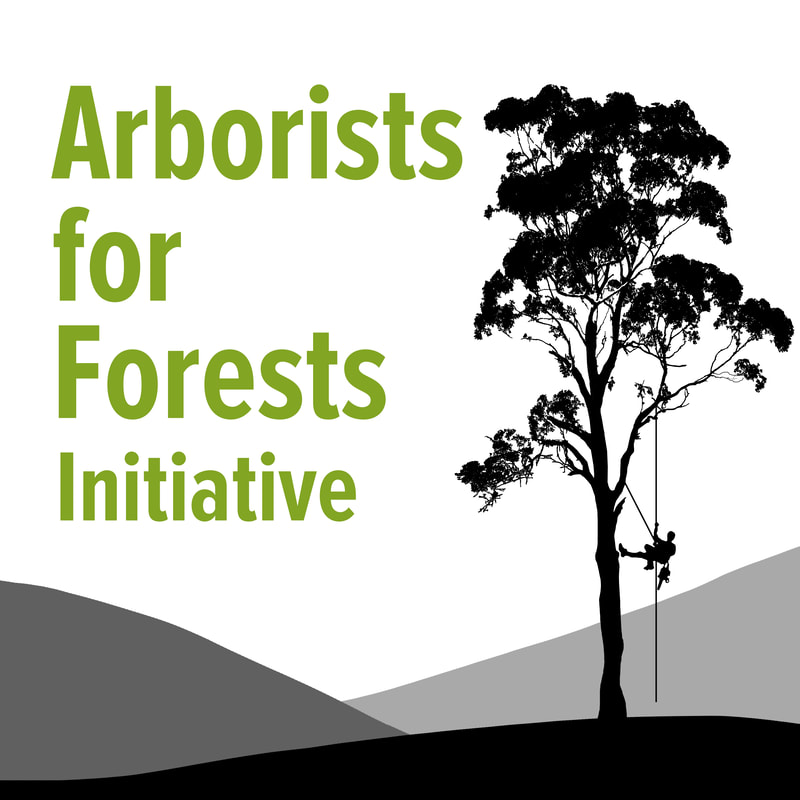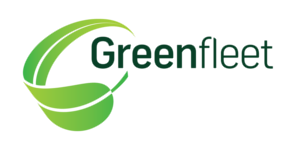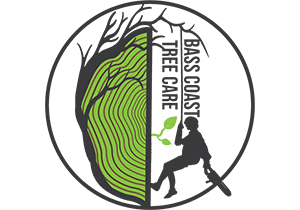Australia's natural environment is fundamental to our quality of life and prosperity. Every day it provides us with goods and ecosystem services, such as clean air, fresh water, food, and fibre. Nature also supplies cultural and spiritual values that are essential for our wellbeing.
With climate change, biodiversity loss, and natural disasters rapidly changing the context for decision-making, there is growing demand in government, industry and the community to assess and account for the environment and its contributions to people. But these essential contributions to our wellbeing and prosperity are not always clear.
Environmental-economic accounting is a framework for integrating economic and environmental data to better understand our environmental assets. It helps us to describe changes in ecosystems and how these impact our wellbeing and our economy.
The Bass Coast Landcare Network worked in partnership with Accounting for Nature and Melbourne Water to develop 6 case study farms. The project also produced this 3-video series, which you can view below.
With climate change, biodiversity loss, and natural disasters rapidly changing the context for decision-making, there is growing demand in government, industry and the community to assess and account for the environment and its contributions to people. But these essential contributions to our wellbeing and prosperity are not always clear.
Environmental-economic accounting is a framework for integrating economic and environmental data to better understand our environmental assets. It helps us to describe changes in ecosystems and how these impact our wellbeing and our economy.
The Bass Coast Landcare Network worked in partnership with Accounting for Nature and Melbourne Water to develop 6 case study farms. The project also produced this 3-video series, which you can view below.



